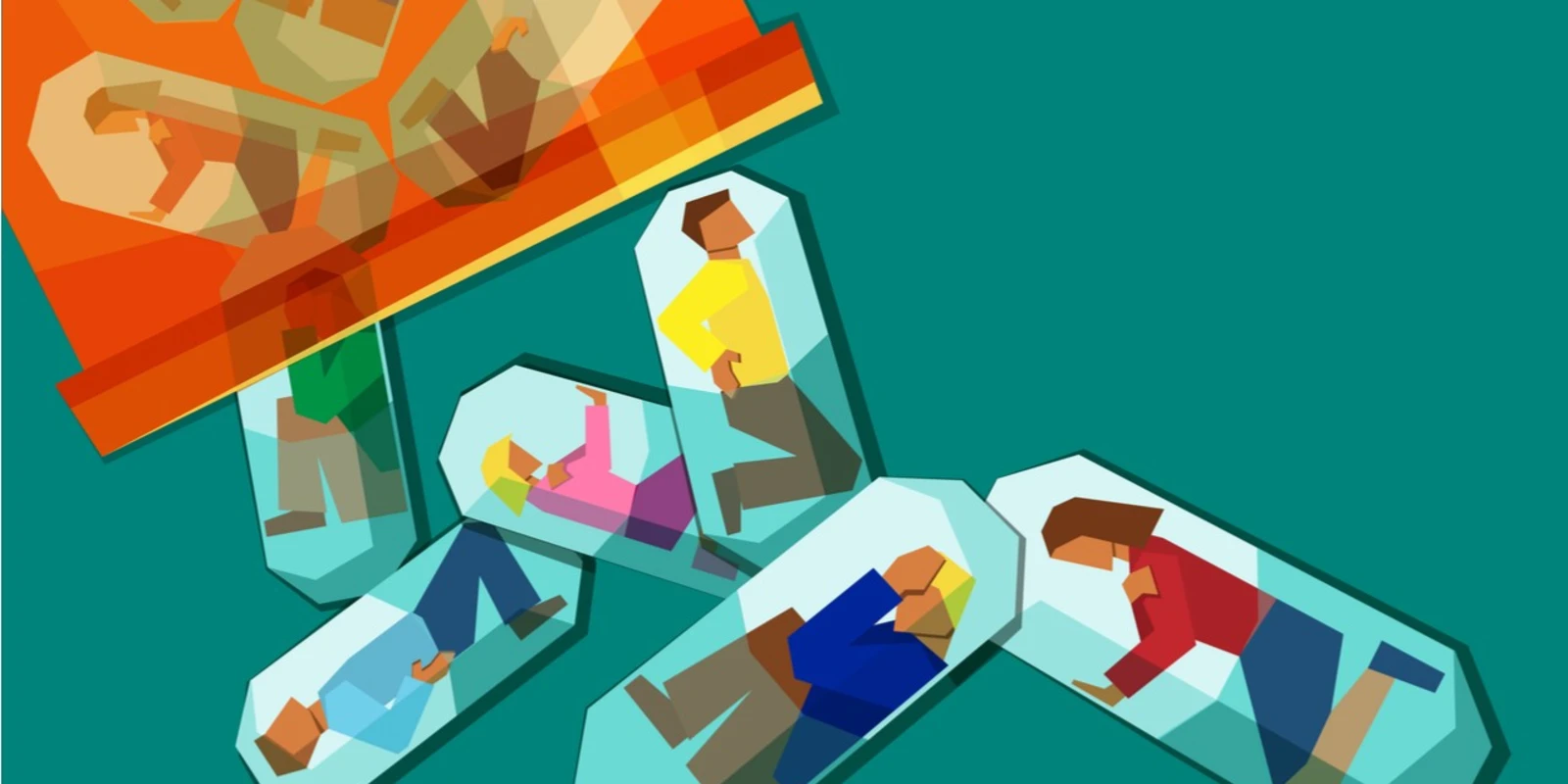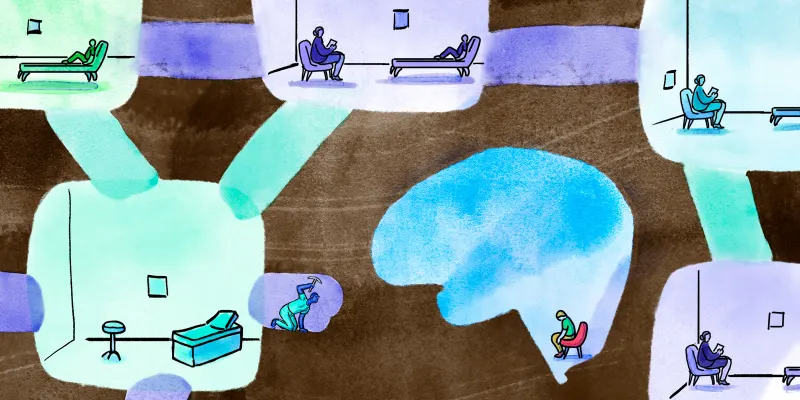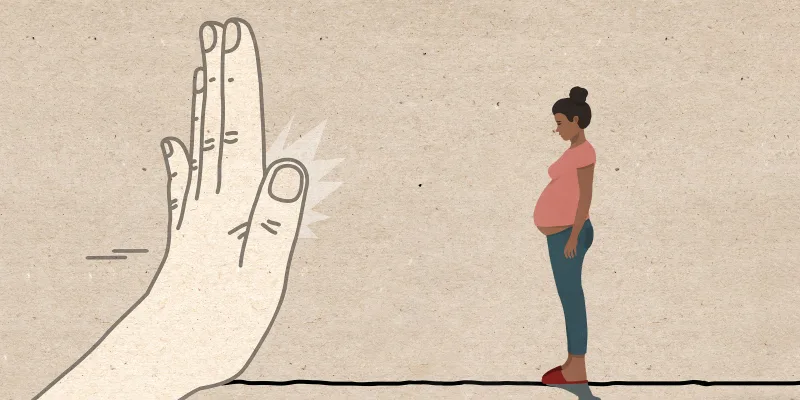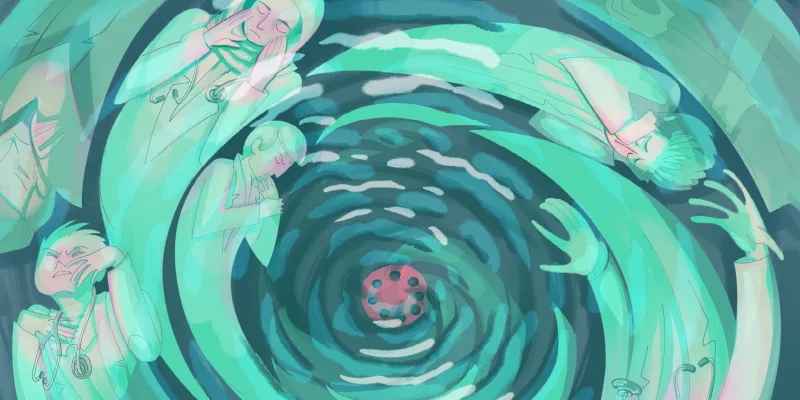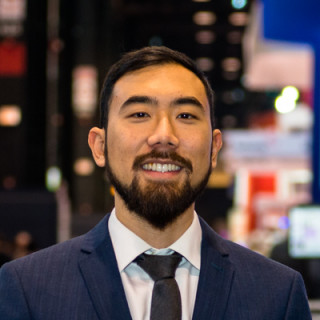
The War on Drugs has been a staple of American politics since Nixon declared drugs “public enemy number one,” even though attempts at curbing drug use date back to the early 1900s. With all this time, money, effort and attention, why haven’t we made more inroads? Why does it seem like we are going down the same path as alcohol — prohibition producing ever-increasing numbers of incarcerations, murders, crimes of all kinds, and frustration?
Anyone who watches any volume of movies knows the typical natural history of any war on drugs: incarceration of the middle men and end-users/consumers is in the big picture unsuccessful. Law enforcement decides to go after the “top bosses.” Maybe they “follow the money” and “get ‘em!”, maybe the cartels escape and live to fight another day. Maybe a slick lawyer in a fancy suit finds a technicality on which a case must be dismissed. All the while, the agents who captured the offender put their own and their families’ lives at risk.
So why haven’t we made any significant progress in nearly a century, or at least 25 years of the modern conflict?
It’s because drug use is not about drugs.
This is simple supply-and-demand economics. Where there is demand, there will be supply. All we have done is attempt to deal with supply. But that’s the issue — we are attempting to manage individual lives at a governmental level, and not everyone has the same perspective or approach to this issue. Rather, maybe we should shift the focus from a legislative approach to an individual humanist approach.
I’m not minimizing the impact of the biology of addiction, the need to prescribe for acute somatic pain that then results in chronic use and difficulty with weaning and cessation, or institutional mechanisms that perpetuate the problem of the opioid crisis.
What I am saying is that meaningful change needs to come from a more personal developmental approach.
I used to believe that addiction, particularly drug addiction, was a problem of individual choice and “uprightness.” But a TED talk I heard by Johann Hari changed all that. It’s not an individual problem. It’s a societal failure.
The idea is that in the presence of adequate and significant social support systems, addicts or users can easily overcome their addiction. In the presence of adequate interpersonal “bonding,” there is not a need for a human to seek out the pleasure/relief from drugs, or any addiction for that matter, pornography, alcohol, cigarettes, gummy bears, smartphones, what-have-you.
This was a Eureka moment for me, because it answered a question that had been plaguing me as a physician for years: Why could my grandfathers give up cigarettes “cold turkey,” but my patients can’t manage it, even with behavioral modification or chemical assistance?
Portugal actually conducted this experiment. In 2000, an estimated 1% of the population was addicted to heroin. They decided as a society to stop punishing and stigmatizing addicts by legalizing all illegal drugs (IV drugs, marijuana, cocaine, etc.). They took all the money and instead spent it on reconnecting these addicts to society, helping them to have jobs, social networks, and deep relationships. And the results are incredible: HIV incidence is down, overdose-related deaths have dropped, among other markers of improvement.
We live in an ever-increasingly disconnected social structure. The number of Americans with no close friends has tripled since 1985. While the Internet and social media have helped us connect and reconnect, one-liner status updates and public conversations have stunted our emotional growth and have reduced the number of meaningful relationships we have. The internet’s temporary satiation for bonding has replaced true relationships, and this coupled with technology’s disruption of live attempts for meaningful relationships, loneliness is now more pervasive than ever.
The result? We have weaker social networks of people we can rely on in case of need.
It’s this loneliness that is driving our societal ails, be they pornography, drugs (legal or otherwise), phone addictions, the list continues ad nauseum. We must, both as responsible physicians and as a society, take a step back and reevaluate the causes and the effects. Addicts are not socially isolated because they are addicts. Rather, they are addicts because they’ve been isolated.
It is imperative on us to change. We should follow the example of Portugal and focus not on incarceration and criminalization, but rather on rehabilitation and reconnection. We should look to love these people and their struggle, and offer them the help they need. In shunning them we have only made everything worse.
At the least, the next time you see someone on the street you suspect may have been or continues to be an addict, smile, say hi, look them in the eye, and genuinely wish them a pleasant day. Who knows what change could start?
Issam Koleilat, MD is a vascular surgeon at Montefiore Medical Center/Albert Einstein College of Medicine in the Bronx, NY. He is also the proud father of a wonderfully curious five-year-old daughter and bright-eyed five-month-old son, and the husband of a breast cancer genetic epidemiologist. Koleilat is a 2018–19 Doximity Author.
